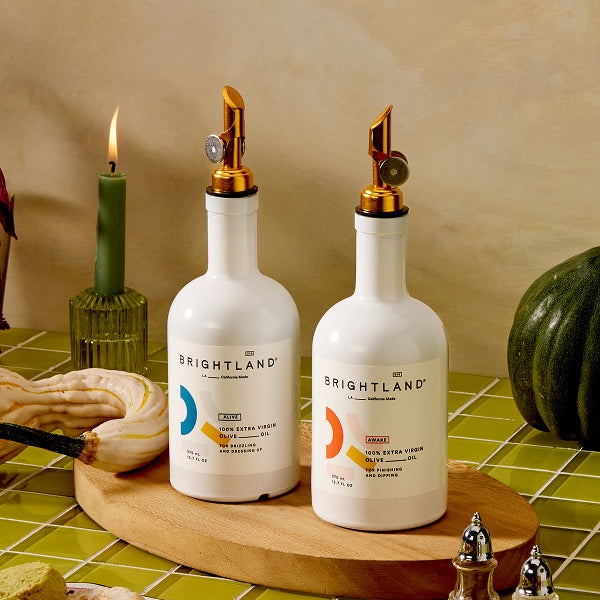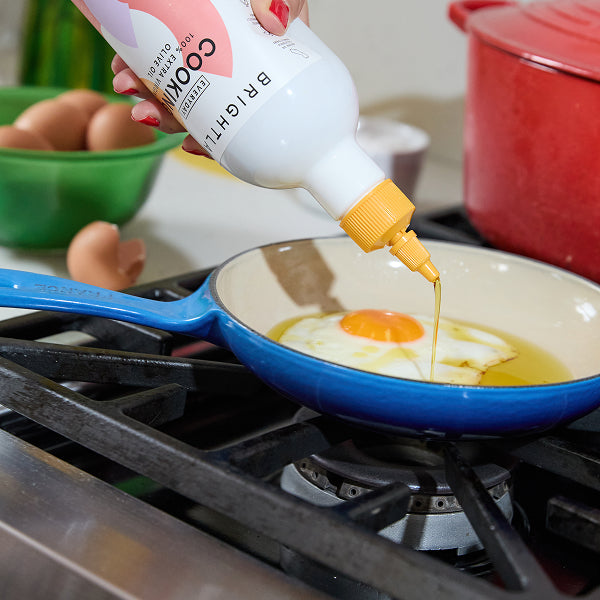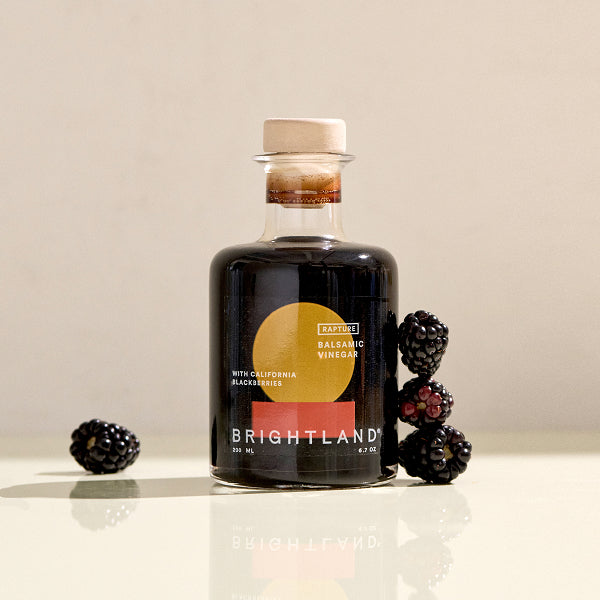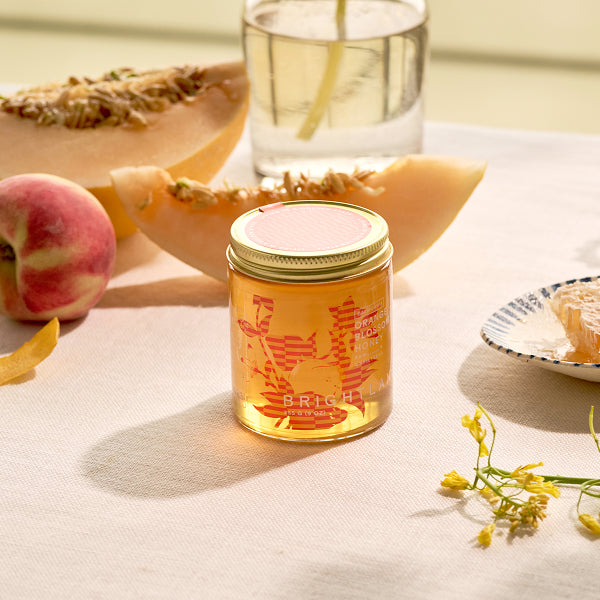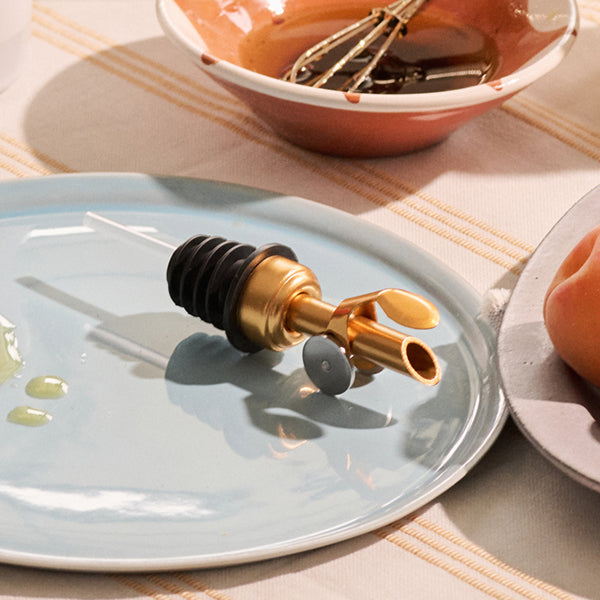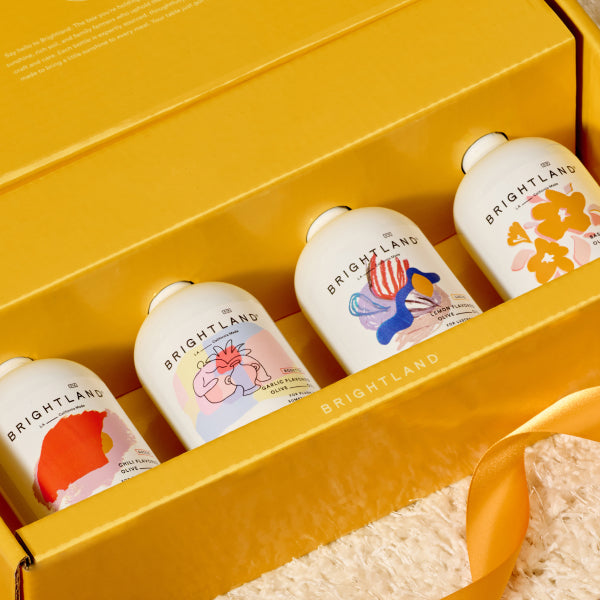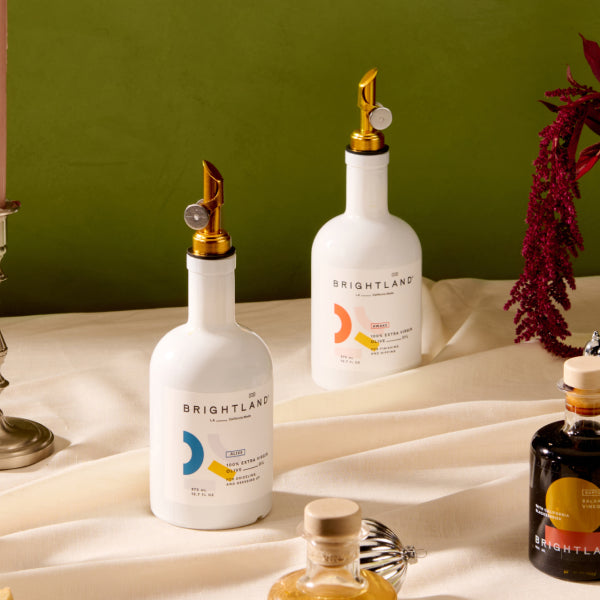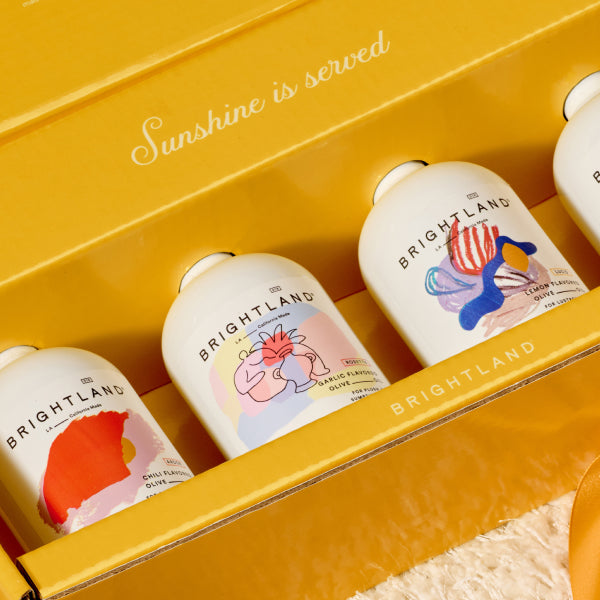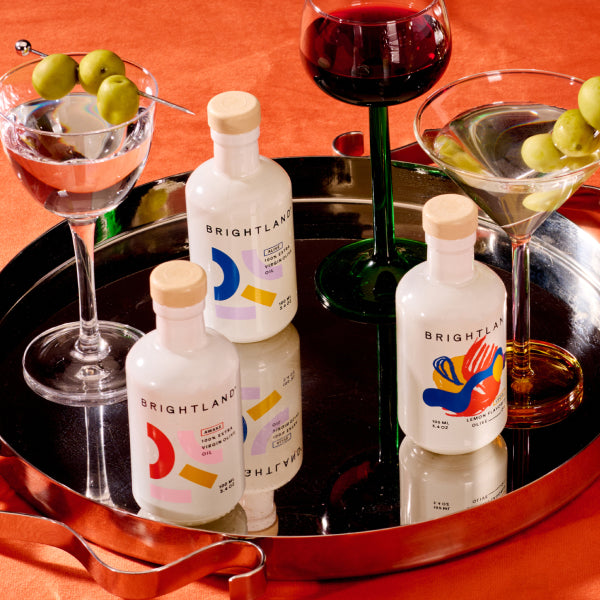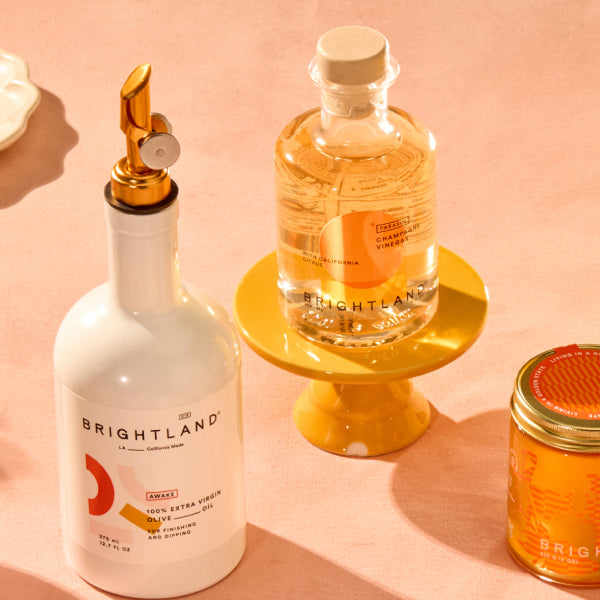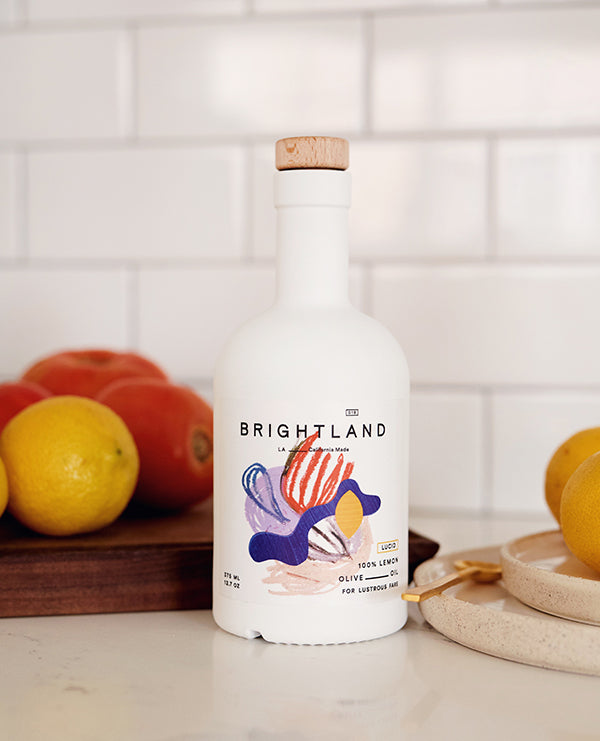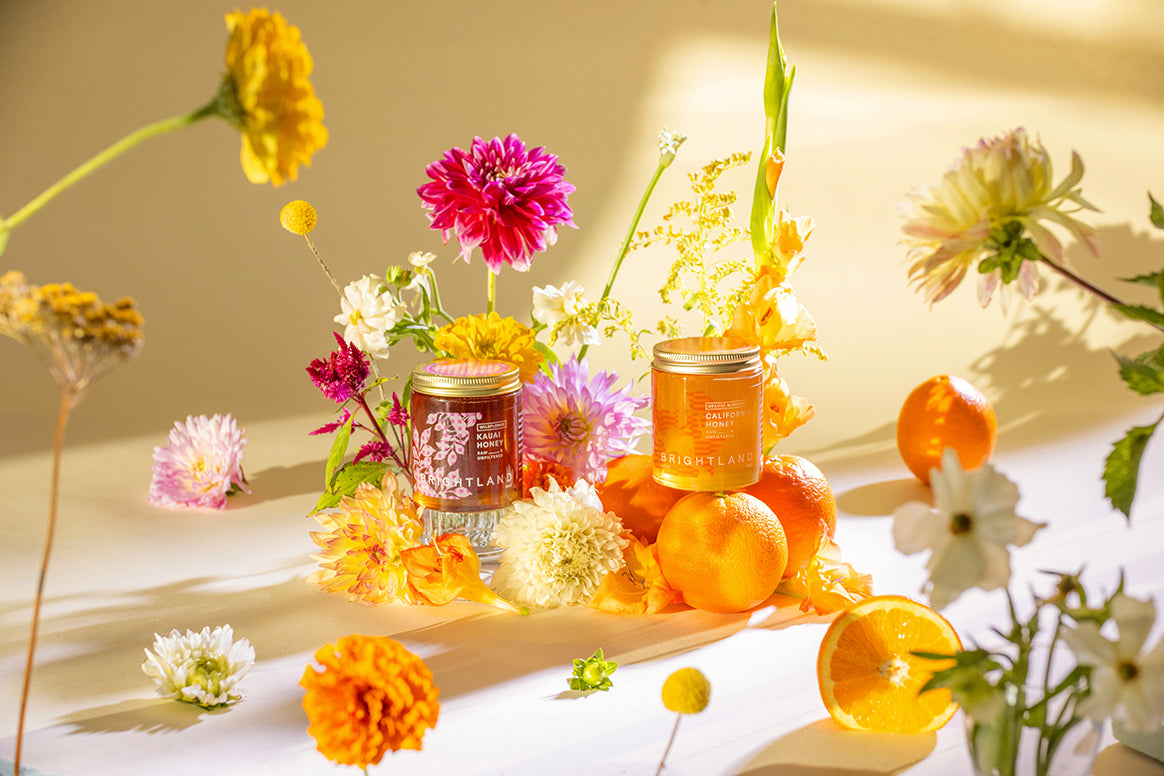You know that olive oil comes with an expiration, like almost every other food. But does this mean that the olive oil actually goes bad? In this guide, learn how long olive oil usually lasts, whether or not olive oil goes bad and what signs to watch out for if your olive oil is getting old.
[close type="rte"][open type="images" small="true"]

[close type="images"][open type="rte"]
How Long Does Olive Oil Last?
Depending on what kind of oil you have and how you store it, olive oil can last anywhere between 12 and 24 months in an unopened bottle. Most extra virgin olive oil lasts between 18 and 24 months because of the higher acid content. However, olive oil does start to degrade as soon as you open the bottle, so for optimal benefits and taste, it is best to use it within six months of opening the bottle. If you tend to buy in bulk and cannot get through the olive oil that fast, decant a smaller portion into a bottle so you are not constantly opening the main container and exposing the oil to air and sunlight. If you do not cook that often, buying small olive oil bottles will ensure that you can finish off the bottle before it turns rancid.
[close type="rte"][open type="rte"]
Does Olive Oil Go Bad?
Yes, olive oil does go bad. Unlike some other foods, you cannot always tell from looking at it, though. However, if you store olive oil in the fridge, it may become cloudy as the fats partially solidify. This does not necessarily mean that the olive oil has gone bad, though. You need to smell and taste it to determine that.
Olive oil that has gone bad will not have the fresh, fruity smell typical of olive oil. Instead, it will smell waxy, similar to crayons or Elmer’s glue. The scent is very distinctive and easy to distinguish from the typical smell of olive oil. If your olive oil smells borderline and you are not sure if it has gone bad yet or not, you can taste it. Rancid olive oil tastes bitter, sour and/or stale and lacks the peppery, sharp taste of fresh olive oil.[close type="rte"][open type="images" count="1"]
 [close type="images"][open type="rte"]
[close type="images"][open type="rte"]
Usually, there are no adverse effects to consuming bad olive oil, unlike some other food products that have gone off. However, rancid olive oil will negatively affect the taste of your dish and can make it unpleasant to eat. Olive oil that has gone bad also lacks the health benefits of fresh extra virgin olive oil, as the antioxidants in the oil have degraded. Instead of consuming the olive oil, you may want to repurpose it as a furniture polish or put it to another use around the house.
How to Store Olive Oil
Storing high-quality olive oil properly will prolong its shelf life and help stave off rancidity. For best results, store olive oil in a cool, dry place away from sunlight and heat (so not on the counter next to the stove). Your pantry is the perfect place for this. While some people put their olive oil in the fridge, reasoning that the cooler temperatures will prolong the life of the olive oil, this can cause the fats to solidify and mess with the texture of the olive oil. Storing olive oil in the fridge can also cause condensation to form on the inside of the bottle, accelerating the oxidation process and defeating the purpose.
[close type="rte"][open type="images" small="true"]

[close type="images"][open type="rte"]
Storing olive oil in opaque glass containers is usually the best way to prolong its shelf life. Transparent containers allow sunlight to hit the oil, breaking down the antioxidants. Storing olive oil (or any other food) in plastic containers can also affect the taste over time, whereas glass containers will not add that plasticky aftertaste. Learn more about how to store olive oil in our complete guide.
At Brightland, we package all of our olive oils in opaque glass packaging to ensure that it will stay as fresh as possible for as long as possible. We also sell our olive oils in 375 ml bottles, the perfect size to use up within a month or two when the olive oil is at the peak of freshness, with the harvest date being a huge indicator. Browse all of our olive oils or pick up our olive oil set to sample our two most popular varieties.[close type="rte"]

